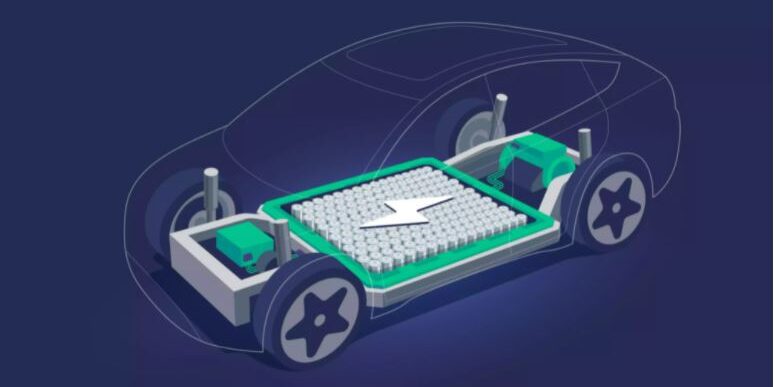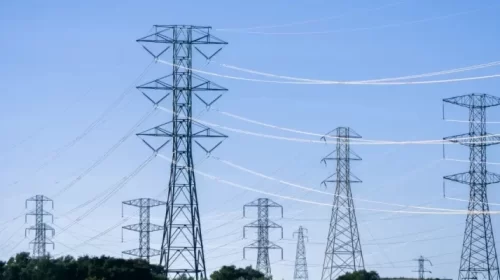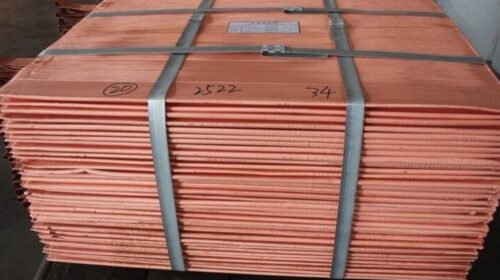Indian technopreneurs to make EV battery cost a ‘non-issue’ with sodium-ion tech
Engineer-entrepreneurs Ravi Pandit, chairman of Sentient Labs, incubated by KPIT Technologies, and Bala Pachyappa, CEO, Sodium Energy, are betting on Sodium-ion chemistry to bring down the cost of battery, the single most expensive component in an electric vehicle.
Sentient Labs, a new research and technology company in Pune, led by veteran technocrat Ravi Pandit, is working on a suite of ‘exciting innovative technology solutions’ for the industry. One of the technologies that the company has been working on is that of sodium-ion battery to make its cost a ‘non-issue’ in an electric vehicle, Pandit said at ETAuto’s Target Net Zero, a discussion series on carbon neutrality.“That’s what we are aiming for. The cost would be very attractive,” he said. The technology development work is said to be at an advanced stage, and a formal announcement is likely in a few months.Sodium-ion technology is less expensive than the current Lithium-ion EV battery technology. “It’s like LFP (Lithium ferro phosphate) battery performance in the cost of a lead acid battery,” Bala Pachyappa, a serial entrepreneur and CEO of the Coimbatore-based Sodium Energy, a battery startup, said. The cost of a Sodium-ion battery could be about half that of a Lithium-ion battery, he added. Depending on the vehicle segment, the share of a battery’s cost now in an EV is 40% to 60%.
We don’t want a situation where a few countries controlling the supply of oil and gas are replaced with a few others that will control the supply of Lithium.Ravi PanditSodium Energy’s plans got delayed owing to some operational hurdles. But Pachyappa, a former CTO of Ampere Vehicles, said, “The technology is ready and commercial production may start shortly.”
One of the key advantages of the Sodium-ion battery technology is that it can be fully localised. The technical comparisons aside, the possibility of EVs powered by fully localised batteries is a big attraction.“Lithium of course is the first choice for all. However, it has certain limitations, mainly of availability. We don’t want a situation where a few countries controlling the supply of oil and gas are replaced with a few others that will control the supply of Lithium,” Pandit saidOn the technical front, the Sodium-ion chemistry allows the battery to charge “faster”, to “almost 100% in 20 minutes, and still get a long life”. Such advantages could potentially make the Sodium-ion battery very competitive. “I think more and more companies will start working in this area,” he added. Pachyappa said that the Sodium-ion battery technology is also safer. “It will not burn. Depending on the type of adhesives used, it could be made smoke-free in case of any adverse incident,” he added.
The early mover advantage of the Lithium-ion technology, and the dynamic and constantly evolving EV industry’s dabbling with multiple ideas could be among the reasons for the less popularity of Sodium-ion technology in spite of its inherent benefits. Closure of a couple of Sodium-ion battery ventures, due to financial challenges, could also have had a negative impact on the technology’s prospects. At least one of them was also backed by Bill Gates.However, the announcement of the world’s largest Lithium-ion battery manufacturer, China’s Contemporary Amperex Technology (CATL), to build Sodium-ion batteries, has given a big boost to the technology’s prospects, Pachyappa said.That could also possibly help the years of development work by technopreneurs like Pandit, Pachyappa, and their peers who bet on Sodium-ion battery technology find results.With the inherent advantage of the battery chemistry, non-dependence on imported raw material, and the promises of Sodium-ion technology developers, there could be some interesting changes in the battery compartment of EVs in the coming years; and perhaps in the prospects of the EV industry also.
![]()





